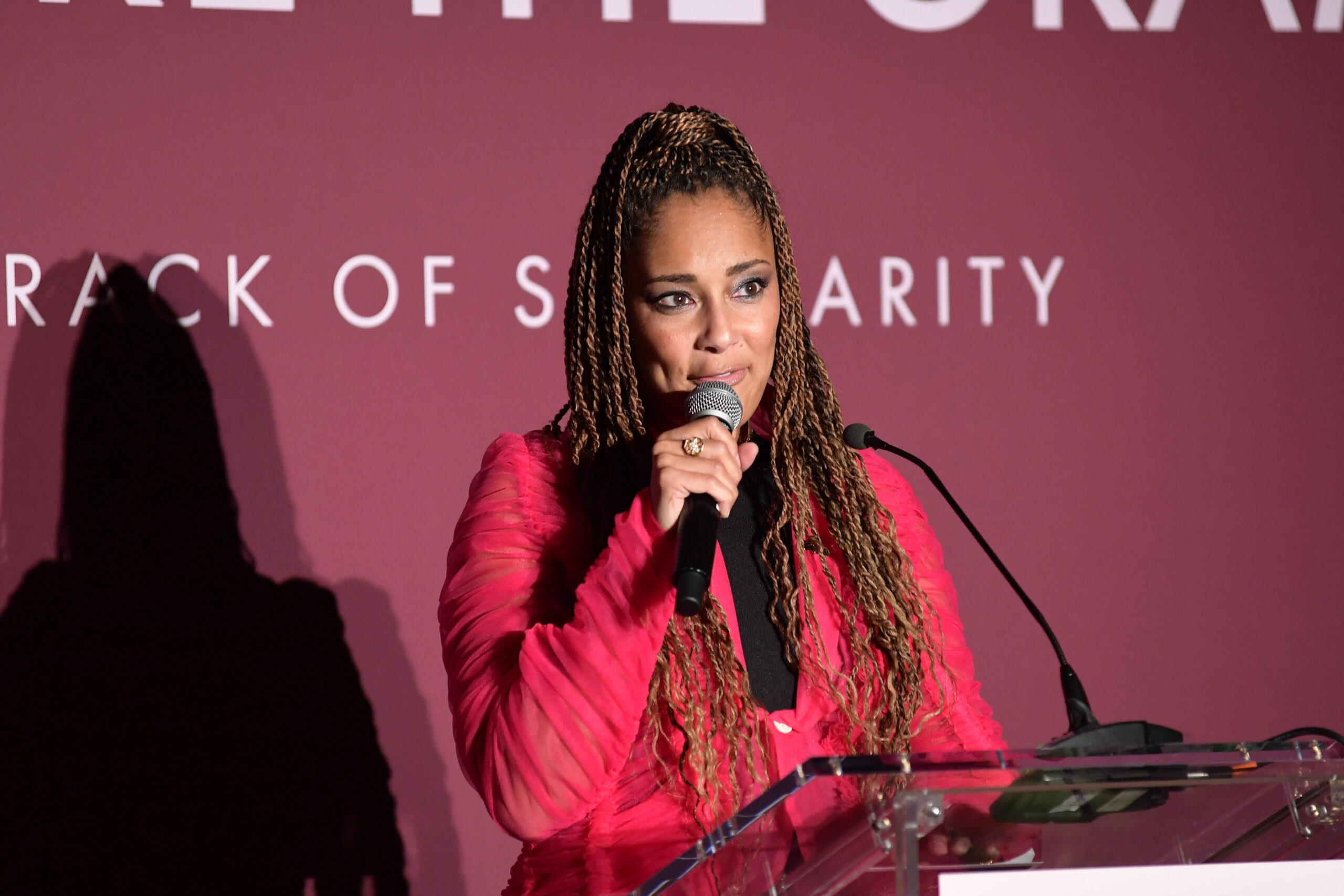Conversations around mental health and Black women are often a gray area. Some topics fly under the radar, including the realities of Black women with Autism Spectrum Disorder.
Amanda Seales unveiled her late self-diagnosis of autism spectrum disorder, during a conversation with Shannon Sharpe on the Club Shay Shay podcast. Her revelation sparked a wider conversation about what autism looks like within the Black community.
The Underdiagnosis of Autism for Black Women
There are multifaceted reasons behind the underdiagnosis of Black women. Psychiatrist Loucresie Rupert cites societal stereotypes and systemic barriers as significant factors.
“Generally, the autistic community accepts/feels self-diagnosis is valid, due to barriers to getting diagnosed,” Rupert explained to 21Ninety. “The stereotype of Black women being ‘angry’ and ‘aggressive’ can hide direct communication and social differences that are part of being neurodiverse.”
There is a general mistrust in the medical community, according to Rupert. Among Black individuals, historical injustices and ongoing disparities in healthcare access is the root cause of the medical mistrust. Financial constraints further compound these challenges, with many lacking adequate insurance coverage for psychological testing.
These barriers supersede social status and position. Rupert admits that a psychiatrist also misdiagnosed her and attributed her aspirations to narcissism.
“An older white male psychologist said I did not have neurodiversity,” she told 21Ninety. “[He said I] was narcissistic because I believed I could do great things. The great things he was referring to were things like medical school. I was actively in medical school during his assessment. “
Rupert also adds that it is not uncommon for doctors to misdiagnose or undiagnose Black children.
“It is easy to misinterpret sensory issues, social differences and delays as willful, ‘attitude’,” she explained. “The culture of that time didn’t allow for Black children to do things, like refuse food for sensory issues [and] refuse outfits that are scratchy are feel weird.”
The Impact of Knowledge
After the Club Shay Shay interview aired, Seales shared with her Instagram followers that a psychiatrist didn’t diagnose her with autism. Instead, she took online tests to determine her diagnosis. Although some may feel that is substantial enough, Rupert emphasized the limitations of online tests for diagnosing ASD.
“Online tests are more of a screener,” she told 21Ninety. “They can help you realize there may be some neurodiversity present, but do not take the place of a clinical diagnosis.”
She continued to explain that it’s important to take the right kind of testing when going to a professional.
“A lot of people are referred for psychological testing, which can be helpful,” she said. “However, ASD is a clinical diagnosis and does not need psychological testing to be diagnosed. Clinical diagnoses are generally done by a psychiatrist. Testing is generally done by a psychologist.”
In order to create a society that recognizes the signs of autism early, Rupert emphasizes the importance of knowledge. She emphasized that awareness, education and adult psychiatrist learning more about neurodevelopmental disorders is the key to bridging the gap. She also said clinically access people who can’t afford a full panel of psychological testing and curiousity about the cause of behaviors without assuming ill intent is important.
